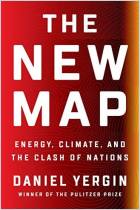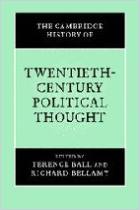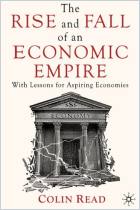
The Commanding Heights
The Battle between Government and the Marketplace That is Remaking the Modern World
ISBN: 9780684829753
Pages: 464
Recommendation
The second half of the 20th century was marked by the ebb and flow of government influence over national and international economies. Daniel Yergin and Joseph Stanislaw characterize the balance between government and private marketplace clout as a battle for the commanding heights of the economy. They trace this fight back to the years after World War II, where they discover that capitalism had been widely discredited and governments were basking in the glow of wartime victory. With descriptions of the catalytic people and events that moved markets and policy, Yergin and Stanislaw have turned an essentially academic topic into a readable book, which is as much about economics as it is about history. As engaging as the stories are, don’t assume you’re in for a light read. Many business books today have plenty of sizzle, but not much steak. getAbstract recommends that you sink your teeth into this big, juicy T-bone of a book, a rare treat for intellectual readers searching for economic adventure and substantive history.
Summary
About the Authors
Daniel Yergin is the Pulitzer-winning author of The Prize: The Epic Quest for Oil, Money, and Power. He also wrote Shattered Peace , and co-authored Energy Future and Russia 2010 and What it Means for the World. Joseph Stanislaw , president of Cambridge Energy Research Associates, is a leading adviser on international markets and politics.






















Comment on this summary